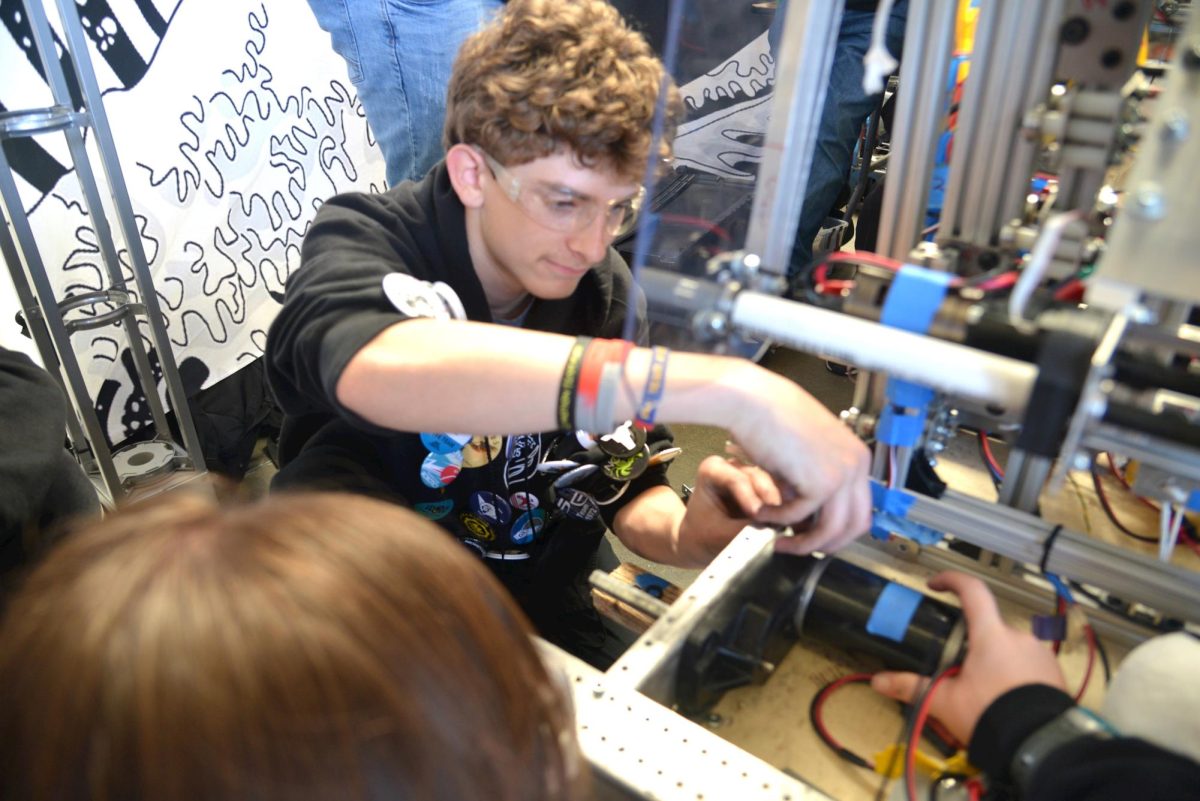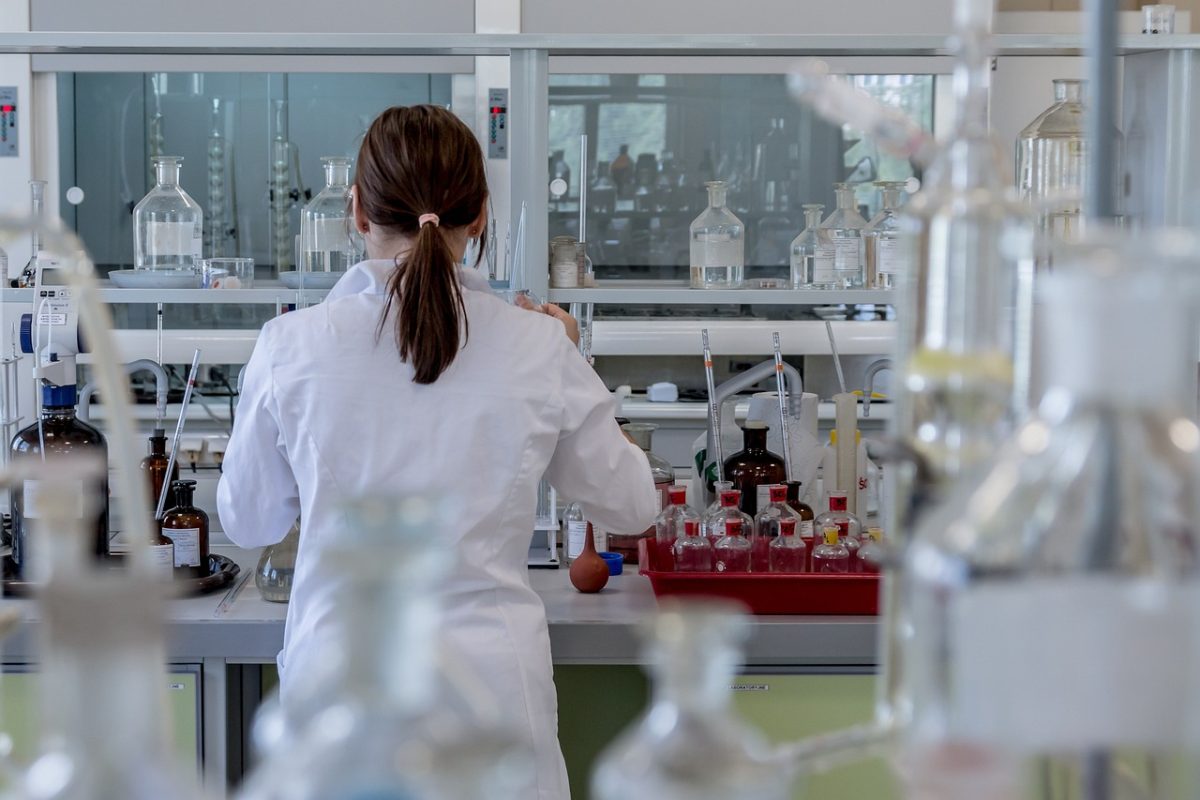In recent years, caffeine addiction has notably increased, particularly among high school students. The daily, habitual consumption of these caffeinated beverages is often associated with academic pressures and social influences. This trend has led to raised concerns about the possible health problems this could bring to the adolescent population.
High school students, juggling their many activities, are increasingly turning to caffeine as their go-to solution for an energy boost. The easy accessibility to coffee, energy drinks, and sodas makes this a convenient solution. Liesel Sellerberg, a sophomore at Cathedral Catholic, has joined in on this trend, stating, “Drinking a cup of coffee is part of me and many of my friends’ morning routines; some days I even have a second coffee or energy drink from school.”
Even high school teachers are noticing the prevalence of caffeine consumption among their students. Mrs. Martinez, an English teacher, notes that every morning approximately half of her students come to class with iced coffees, celsius, yerba mates, and more.
Excessive caffeine consumption can lead to various health risks for high school students. Most popularly being disrupted sleep patterns and increased anxiety. Inadequate sleep can negatively affect a student’s academic performance and athletic abilities, while heightened anxiety takes a toll on the overall mental health of teenagers.
A concerning aspect of caffeine consumption is the development of dependency and tolerance. What was once a source of extra energy can become a daily necessity. The same drinks that used to provide an extra energy boost may now be required to get through a normal day without getting a headache or feeling tired.
Statistics reveal that 83.2% of teens from 13-17 consume caffeine regularly. It is crucial to make high schoolers aware of the potential health risks associated with this trend. The first step in overcoming this addiction is to gradually reduce your caffeine intake. Simultaneously, it is important to drink a lot of water and fuel your body with good nutrients during this process to reduce caffeine withdrawal.
As the prevalence of caffeine addiction continues to rise among high school students, awareness must be created surrounding the health risks. Caffeine is a great source of energy, but it is crucial to be mindful of consumption levels to avoid these risks.






















































